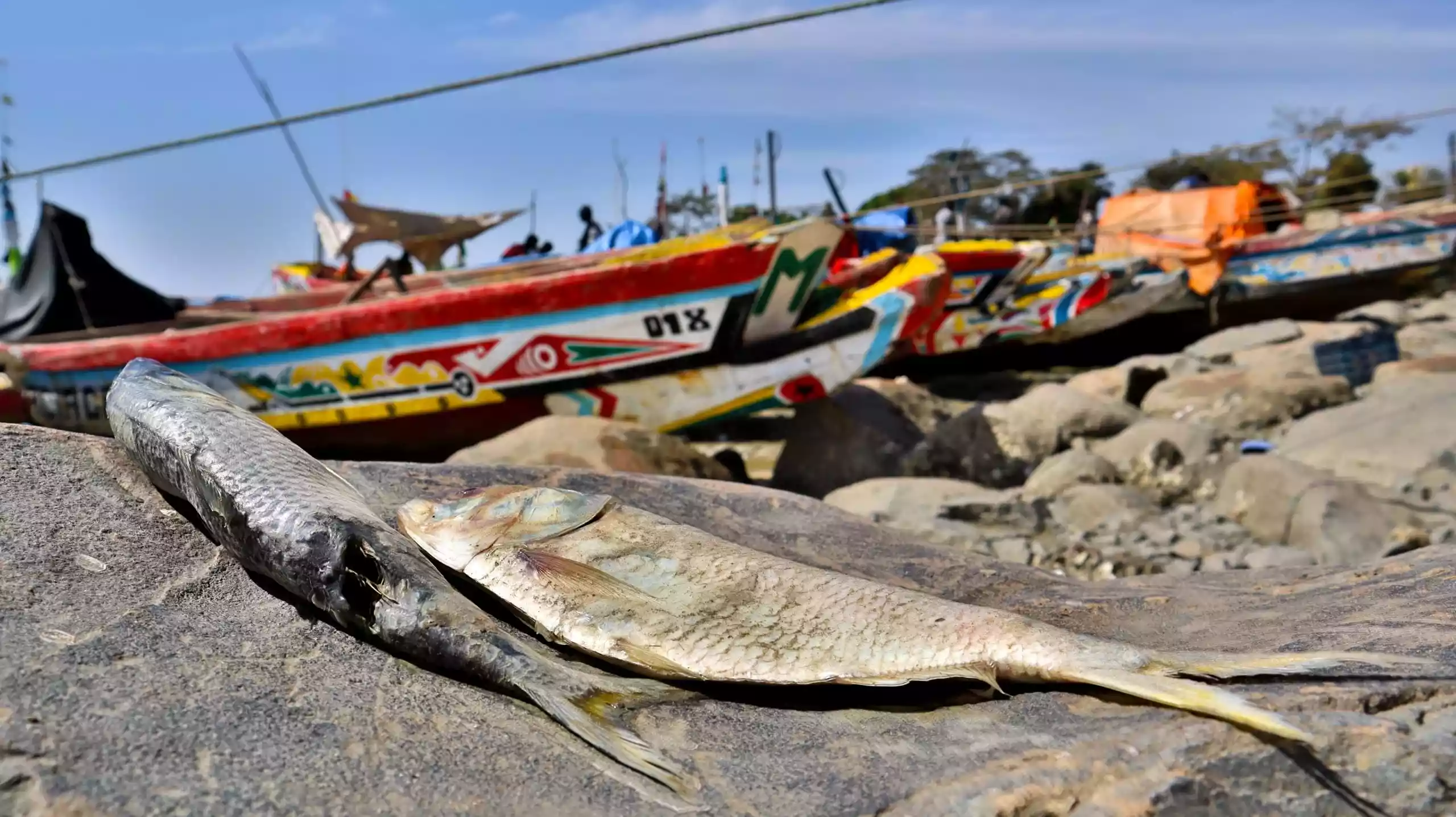
CHINESE fishing industry has become a big threat to seafood resources as well as the marine ecosystem as it has resorted to illegal, unsustainable fishing in the Indo-Pacific. China is involved in illegal fishing in maritime territories of over 80 countries to meet the rising demand for seafood as domestic consumption has touched almost two-fifths of total global production. Given its most environmentally harmful dredging technique, China has been named the most destructive coastal state by the Asia Maritime Transparency Initiative (AMTI).
China’s fishing stocks are depleting due to the growing demand and unsustainable extraction. Thus, China has extended its fishing operations worldwide without regard for local biodiversity or livelihoods. Alberto Andrade, a fisherman from the Galápagos, said the incursions by Chinese vessels in their areas have made the lives of local fishermen harder. “Our sea can’t handle this pressure anymore. The industrial fleets are razing the stocks, and we are afraid that in the future there will be no more fishery,” he said.
The unsustainable consumption and marine resource extraction led to the exhaustion of domestic fishing stock. This led to an increase in the Illegal, Unreported, and Unregulated (IUU) fishing by Chinese fishermen with subsidy support from Beijing. It violates the international norms and standards set up for sustainable fishing and marine ecology conservation, said Rear Admiral Mike Studeman, Director of the US National Maritime Intelligence Integration Office.
Studerman said Chinese fishing fleets secretly operate farther and longer from the Chinese mainland as they comb broad swaths of the Atlantic, Indian, Southern, and Pacific Oceans as well as waters off South America, East and West Africa, Antarctica, and the South Pacific Islands. “To obscure their presence from local authorities, Chinese fishing vessels sometimes turn off their Automatic Identification System signal, then operate in other nation's Exclusive Economic Zones without consent to exploit fishing opportunities,” he said.
Beijing government has been offering heavy subsidies to the fishermen. This has allowed them to build big fishing trawlers or ships that can go long distances. “Through generous subsidies and government direction, the Chinese Communist Party has subsequently incentivised part of its fleet to travel further afield to satisfy both China’s domestic consumption and the international market,” said US naval officer and researcher Blake Herzinger. “Despite this, China has avoided any tangible consequences for its actions.”
Now, the Belt Road Initiative (BRI) has added to the problem. Many ports and fisheries infrastructure were built in the countries in the South West Indian Ocean (SWIO) by China under BRI. Chinese fishing vessels are destroying local livelihoods and inflicting abuses, revealed an investigation by UK-based Environmental Justice Foundation (EJF). Local communities and civil society groups have raised concerns over the impacts of Chinese investment-led fishing overdrive on the local communities.
EJF founder Steve Trent said “While the Chinese government portrays its investment in the countries bordering the SWIO as a win-win, the clear reality is that it is doing direct harm. This applies equally to coastal communities whose livelihoods are threatened by the activities of these commercial vessels, to the people suffering shocking human rights abuses on the same vessels, and to the SWIO countries saddled with corruption and debt from China’s investments.”
Chinese illegal and over-fishing has affected global fish supply as well as the fishery sector as its IUU ranking has been first and the worst. European Union has said that higher Chinese demand for seafood has threatened the world's fisheries resources. EU parliamentary rapporteur Pierre Karleskind said “We see how China is emptying the waters of third countries and subsidising its fishing fleet to the detriment of fish resources and the EU fishing fleet.”
- Mavhunga puts DeMbare into Chibuku quarterfinals
- Ndiraya concerned as goals dry up
- In Full: Nineteenth post-cabinet press briefing: July 05, 2022
- Bullets shoot down Chiefs
Keep Reading
The Chinese fishing activities have shown no concerns for sensitivity associated with the conservation of precious, rare, vulnerable marine species. They have rather become the reason for their destruction. Overfishing has led to a huge loss of marine resources even in its backyard, the South China Sea. The Center for Strategic and International Studies (CSIS) said the overreliance on industrialized overfishing caused devastated South China Sea fish stocks. “The outsize environmental destruction by China is emblematic of its wider strategy for claiming sovereignty of waters and resources in the South China Sea,” it said.










